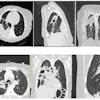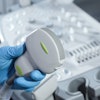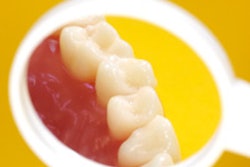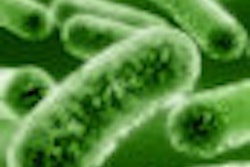Scientists from around the world are gathering this week at the University of Rochester Medical Center in New York to analyze the hundreds of species of microbes that live and thrive in the oral cavity, the school announced.
The conference includes approximately 100 scientists who will focus on the oral microbiome, the genetics of the microbes that reside in our mouths.
"The long-term goal is to improve human health, perhaps by understanding why some people are more susceptible to certain diseases than others," said Robert Quivey, PhD, a professor of microbiology and immunology and the director of the school's Center for Oral Biology.
The meeting dovetails with a nationwide effort launched in 2008 known as the National Institutes of Health's Human Microbiome Project, which aims to learn more about the genetics of the microbes found at five different sites in the human body: the nasal passages, the oral cavity, the skin, the gastrointestinal tract, and the urogenital tract. Scientists are studying microbes collected from thousands of healthy people to learn how these microbes play a role in health and disease development.
The scientists have their work cut out for them: Collectively, the species in our mouths likely have more than 2 million genes, perhaps many more, all composed of billions of base pairs of DNA.
"We've learned that there are more than 500 and probably less than 1,000 species that live in our mouths," Quivey said. "Now we need to find out how all those organisms -- each with a different set of genes -- survive in our mouths, and how they interact, and what their role is both when we're healthy and when we're ill. In some cases, perhaps we can learn to tip the balance so that we can boost the balance of good bacteria, and keep at bay the bad bacteria that make people prone to disease."
Scientists will discuss new ways to try to bring down the molecular fortresses that bacteria build in our mouths, ultimately allowing them to rot our teeth; whether some bacteria make people more prone to developing throat cancer; why normally good bacteria in the mouth sometimes go bad, causing life-threatening illnesses; and how bacteria in the mouth signal each other to form communities that can be either beneficial or harmful.
Quivey is studying Streptococcus mutans, the bacterium responsible for forming the majority of caries. One goal is to learn exactly how S. mutans protects itself against acid, then disarm the bacterium so it destroys itself before harming teeth.



















